| IN A NUTSHELL |
|
Elon Musk has once again stirred the pot with his bold vision for the future of aerial combat. His latest assertion that manned fighter jets are obsolete in the age of drones challenges decades of military aviation strategy. As a newly appointed advisor in a U.S. government efficiency ministry, Musk’s influence is undeniable. This provocative stance has reignited heated debates about the future role of the F-35 fighter jet and the rising dominance of drones in warfare. Could this signal a significant shift in military tactics, or is it merely another of Musk’s ambitious ideas?
A Direct Attack on the F-35
Elon Musk’s recent comments have put the spotlight firmly on the F-35 fighter jet, the pride of the U.S. military’s air fleet. According to Musk, these combat planes with pilots are relics of a bygone era. In a series of social media posts, he criticized the F-35 as a costly and inefficient use of taxpayer dollars. Despite its reputation as a cutting-edge fifth-generation stealth aircraft, the F-35 has been plagued by escalating costs and technical glitches since its inception.
Musk argues that the future of air combat lies with drones, not manned jets, which he describes as fossils of outdated military thinking. A video he shared, showcasing hundreds of drones in synchronized flight, contrasted starkly with the traditional image of fighter jets. This visual representation underscored his belief that the F-35, despite its technological advancements, has yet to fulfill its promise as a versatile weapon for modern warfare.
The F-35: An Expensive Disaster?
Musk’s critique of the F-35 extends beyond mere opinion; he points to the aircraft’s enormous development costs and its lack of specialized combat capabilities. This plane, he asserts, is a monolithic failure born from trying to serve too many masters. The F-35, Musk argues, is a complex and costly machine with no real specialty, embodying inefficiency.
While Musk’s perspective is compelling, it faces strong opposition. Experts like Mauro Gilli from the Swiss Federal Institute of Technology defend the F-35, emphasizing that the true expense lies in its advanced software and electronics. These elements, they argue, are crucial to maintaining U.S. military superiority. Yet, Musk counters with his vision of drones as a cheaper, more efficient alternative, eliminating the need for human pilots and their associated risks.
Will Drones Replace Human Pilots?
Musk’s dramatic claims raise the question: Are drones destined to replace human pilots, or is this merely another chapter in the ongoing saga of technological evolution? Musk envisions a future dominated by unmanned combat, where machines take over roles traditionally filled by humans. His argument is not solely about preserving lives but also about reducing costs and expanding the possibilities of technology.
However, critics caution that abandoning manned aircraft programs could have significant geopolitical ramifications. The F-35, they argue, serves as a strategic deterrent, compelling rivals like Russia and China to keep pace with American technological advancements. Removing such a strategic asset could inadvertently ease pressure on these nations, allowing them to advance in stealth technology and radar systems.
Despite the controversy Musk’s comments have stirred, his vision for the future of warfare—drones over pilots—represents a radical departure from the norm.
The Future of Aerial Combat
As the debate over the F-35 and the rise of drones continues, the future of aerial combat remains uncertain. Musk’s vision, while controversial, challenges traditional military paradigms, pushing for a shift towards unmanned solutions. The implications of such a shift are profound, potentially redefining military strategies and altering the global balance of power.
Will Musk’s vision of drone dominance become a reality, or will the entrenched systems of manned aircraft continue to hold sway? This ongoing debate invites us to consider the future of warfare and the role technology will play in shaping it. Could this be the dawn of a new era in military aviation, or is it simply another chapter in the never-ending quest for technological superiority?
Did you like it? 4.7/5 (21)
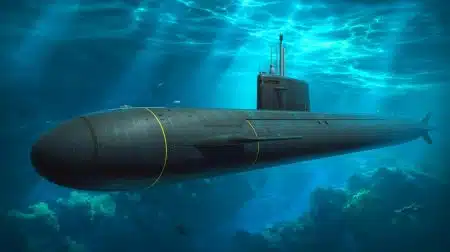
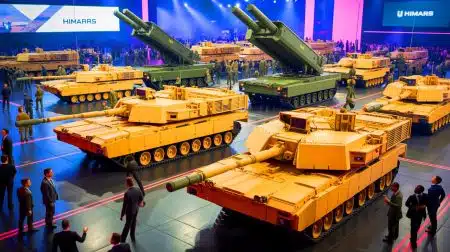
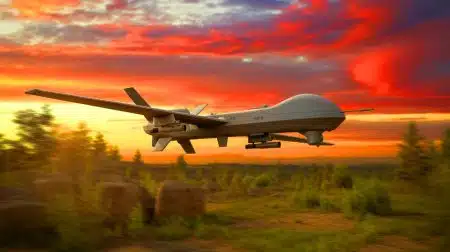

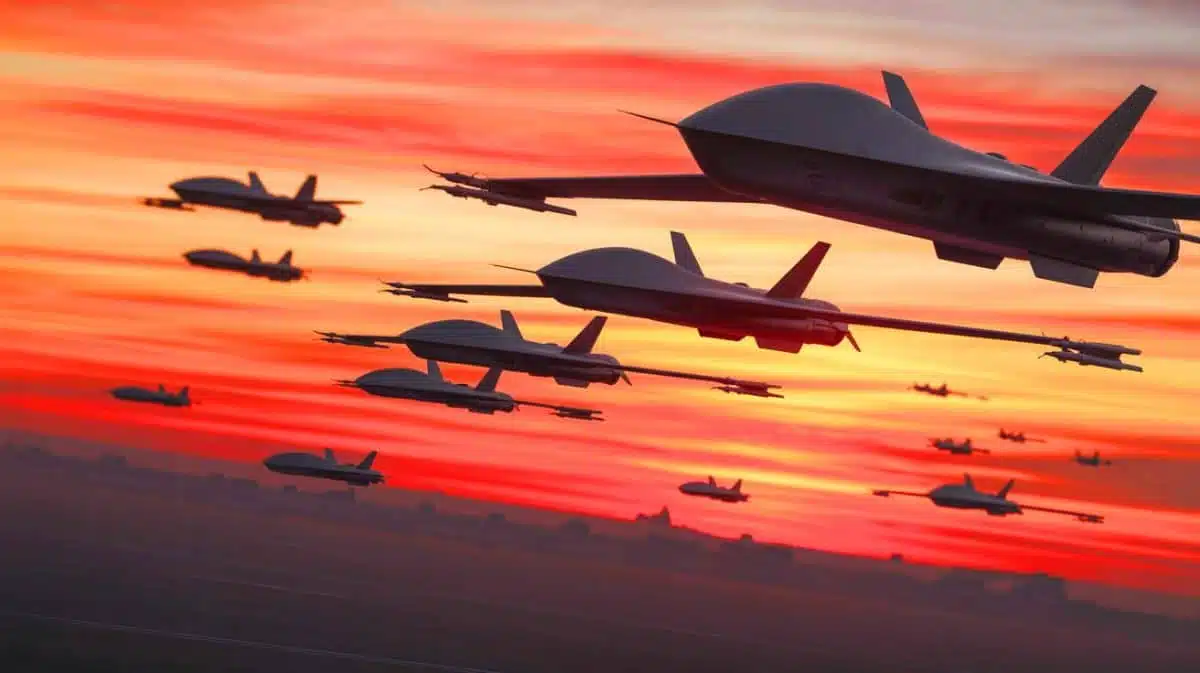
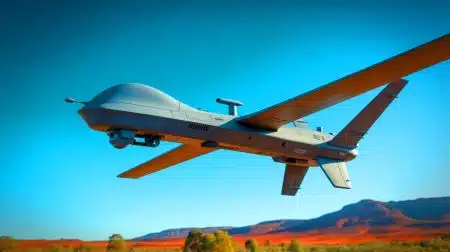
Interesting take by Elon Musk! But can drones really replace the human instinct and decision-making in combat situations?
F-35 might be costly, but it’s a marvel of engineering. Can drones match its capabilities in every aspect? 🤔
Thank you for sharing this article! It’s fascinating to see how technology is reshaping warfare.
Isn’t it too risky to rely entirely on drones? What about cyber attacks? 😨
Here we go again with Musk’s wild ideas! What’s next, drone submarines? 😂
Musk is a visionary, but I think he’s underestimating the geopolitical consequences of removing manned jets.
Great article, but I can’t help but wonder if this is just a publicity stunt by Musk. 🤷♂️
Are drones really cheaper in the long run? Doesn’t maintenance and technology updates add up? 💸